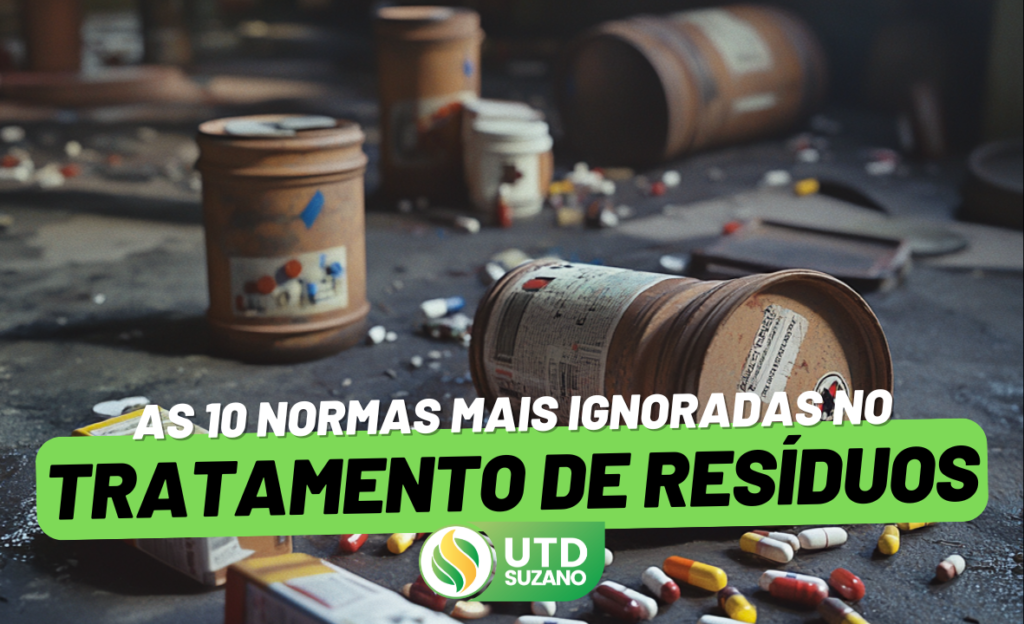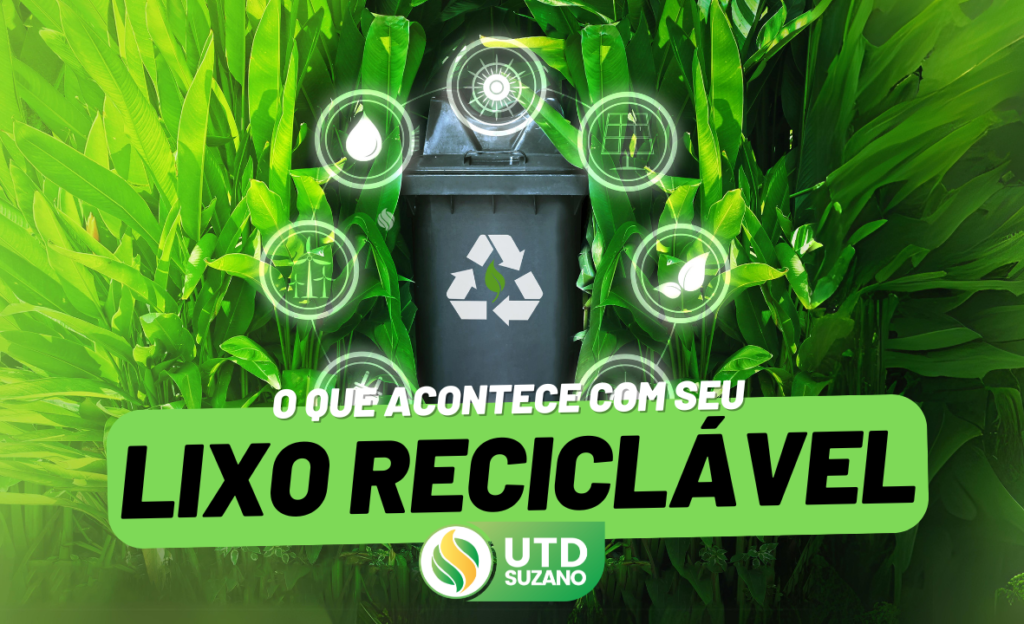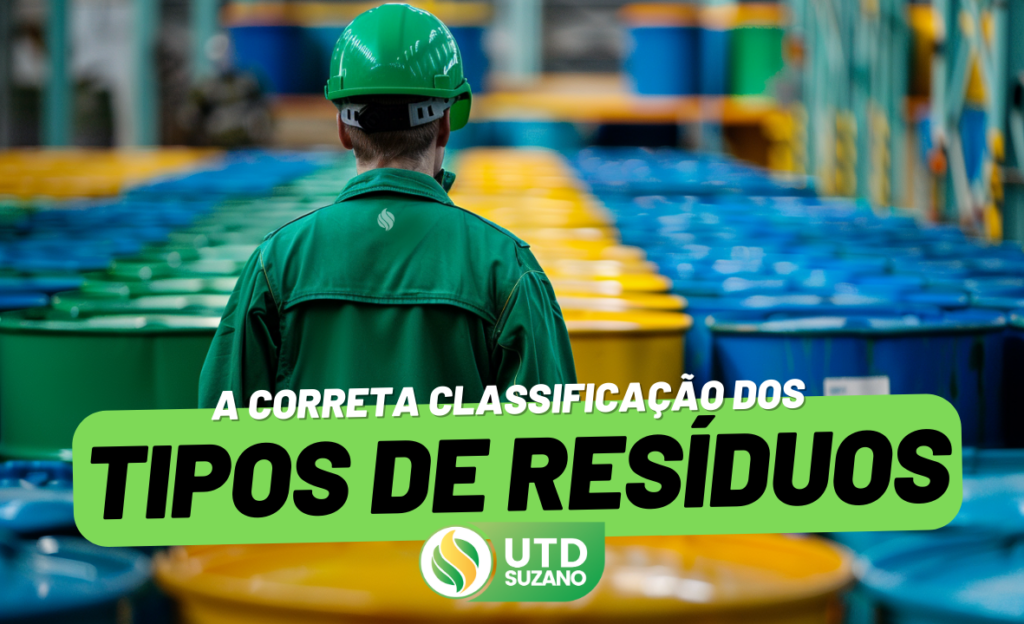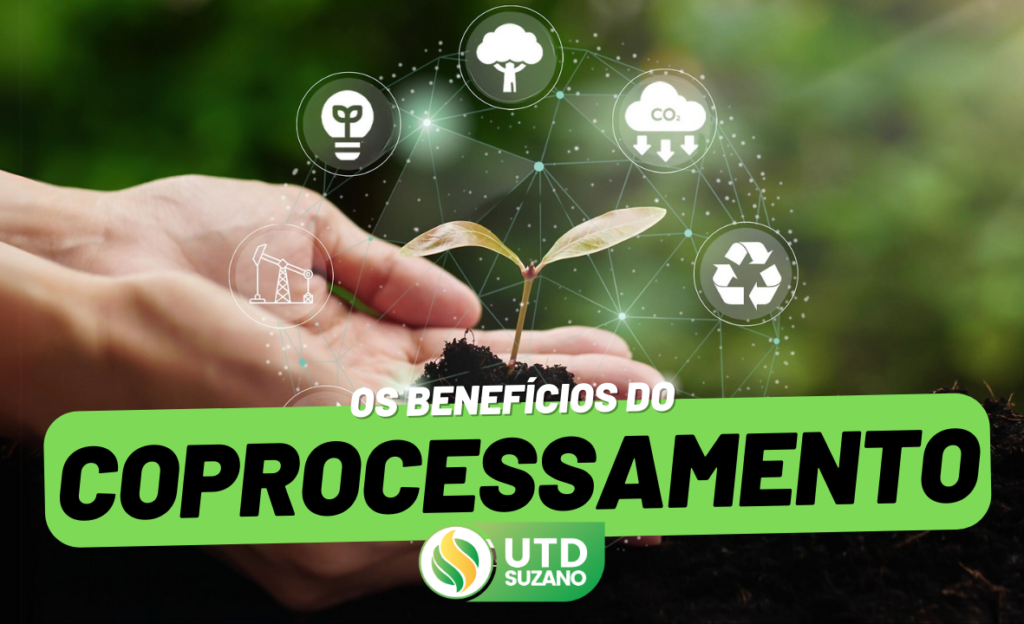The 10 Most Ignored Standards in Waste Management

Waste management involves a series of environmental laws and regulations aimed at protecting the environment, public health, and ensuring legal compliance for businesses. In this article, we will discuss the 10 most frequently ignored standards in waste management, based on relevant legislations such as the National Solid Waste Policy (PNRS), CONAMA, National Environmental Policy, and […]
Tattoo Studio Waste: Risks, Regulations, and Proper Disposal

attoo studios, similar to health and aesthetic clinics, produce various types of waste that must be handled with extreme care due to the risk of contamination and disease transmission. This article will explore the types of waste generated in tattoo studios, the associated risks, legal regulations on waste disposal, and how to ensure the process […]
Myths and Truths About Recycling: Are You Doing It Right?

Recycling is an essential practice for sustainability, but it is often surrounded by misunderstandings that can undermine the effectiveness of the process. In this article, we will debunk the most common myths about recycling and provide accurate information so that you can recycle more efficiently. What is Recycling? Recycling is the process of transforming waste […]
Composting: The Natural Cycle That Reduces Waste and Generates Wealth

What Is Composting? Composting is the natural process of transforming organic waste, such as food scraps and yard debris, into a rich, nutrient-filled material known as compost. This compost, also called organic fertilizer, can be used to enrich the soil, helping plants grow healthier. Composting is a sustainable and eco-friendly way to reduce waste and […]
What Happens to Your Recyclable Waste?

When you separate your recyclable waste at home, it is collected by recycling trucks and taken to a sorting center. There, the materials are categorized by type: paper, plastic, glass, metal, etc. At the sorting centers, recyclable waste passes along conveyor belts where it is separated manually and by machines. The materials must be clean, […]
Types of Waste and Their Classifications

In Brazil, the correct waste classification is essential for public health, environmental preservation, and the efficiency of recycling and treatment processes. The National Health Surveillance Agency (Anvisa), through RDC 222/2018, establishes clear guidelines for waste management, subdividing it into five main groups. This classification facilitates proper and safe waste handling, ensuring each type receives the […]
Waste Coprocessing: A Sustainable and Responsible Solution

What is Waste Coprocessing?Waste coprocessing is an environmentally sustainable technique primarily utilized in the cement industry, leveraging waste materials as alternative fuels or raw material substitutes in cement production. This method integrates waste management with industrial production, reducing reliance on fossil resources and minimizing landfill disposal. Through coprocessing, discarded materials are transformed into valuable inputs, […]
Complete Guide to CADRI Issuance: Step-by-Step and Essential Tips

What is CADRI? CADRI, or Certificate of Waste Movement of Interest, is an essential document issued by CETESB/SP, the State Environmental Agency. Companies involved in the waste movement must ensure compliance with current environmental legislation. CADRI is crucial to ensure that waste handling and transportation are conducted safely and legally, preventing environmental damage and ensuring […]
Introduction to the Zero Landfill Concept

The concept of “Zero Landfill” was created by the Zero Waste International Alliance (ZWIA) and environmental sustainability advocates as a response to the growing concern over improper solid waste management. The central idea is to minimize, as much as possible, the amount of waste sent to landfills. This approach seeks to reimagine production and consumption […]
Waste Incineration: Environmental Benefits or Detriments?

Waste incineration is a complex technique involving the controlled burning of discarded materials, transforming them into ashes and gases. Contrary to the common perception that it is harmful when carried out responsibly and under strict environmental regulations, incineration can offer a range of benefits both for the environment and public health. One of the primary […]
